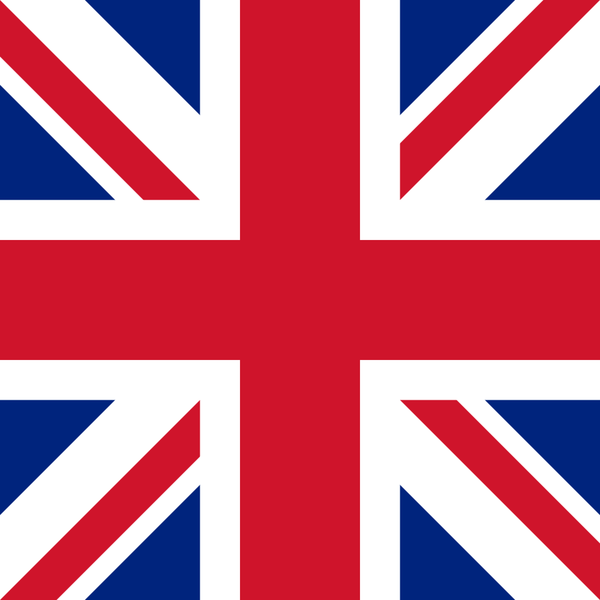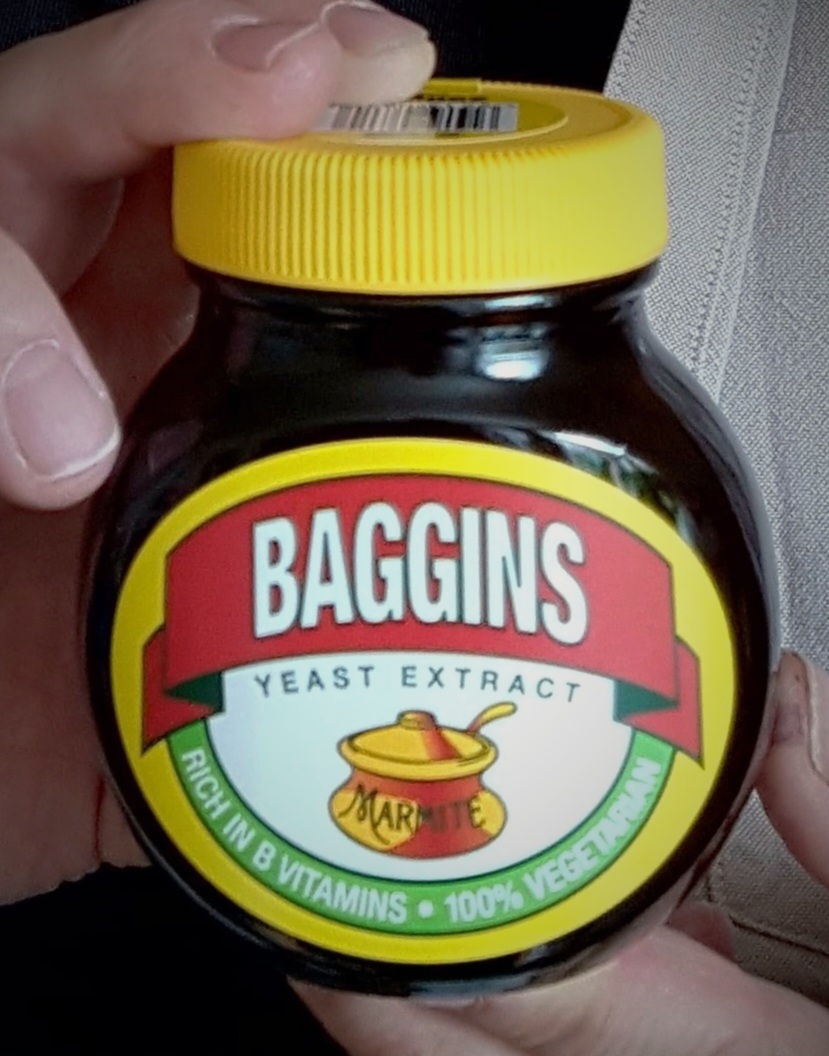How many died because they were on a waiting list though? Don’t get me wrong, any waiting list is one too many but this headline seems like clickbait to trigger people.
And no, I didn’t read the article because the URL didn’t work :-(
You asked the right question, and no, the data presented isn’t causative.
More than half of people who died in England last year were on an NHS waiting list, according to statistics.
Unsurprisingly, old people are often on waiting lists for things like knee and hip replacements, and these can be long. They sometimes die while on these waiting lists. In total, around 600,000 people die each year in the U.K. It would be unbelievable if half of those people died because they didn’t receive medical care in time.
The article has merit, but the headline is total clickbait.
Thank you
Social murder
Bearing in mind it’s all a bunch private firms wearing an NHS hat, I would argue corporate murder.
My dad died of legionnaires disease in an NHS hospital because G4S said it was too expensive to replace the legionnaires infested water system, or to install taps that could filter out the legionnaires. This was on a cancer ward for immunocompromised patients. This is a repeated problem at this particular hospital too. The John Radcliffe Hospital in Oxfordshire
So yeah, my dad died to protect some shareholder’s dividends.
That’s terrible, but it’s not like similar mistakes don’t happen in publicly run hospitals. There doesn’t appear to be clear and compelling evidence that private hospitals are any worse than public hospitals in the U.K. Studies repeatedly find mixed results at best [see citations below]. I am generally opposed to public services being privatised, but if the level of care is better for the same cost, I support it. The issue, as outlined by Kruse et al. (2018), is the incentive structure. With private hospitals responding more efficiently to financial incentives, it becomes critical that policy carefully align public health outcomes with financial incentives.
thats messed up. our condolences
So from the stats in the article, over 30% of all deaths were people on a waiting list





